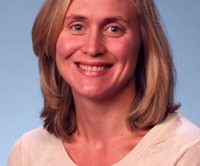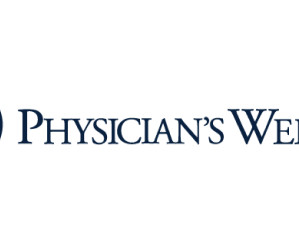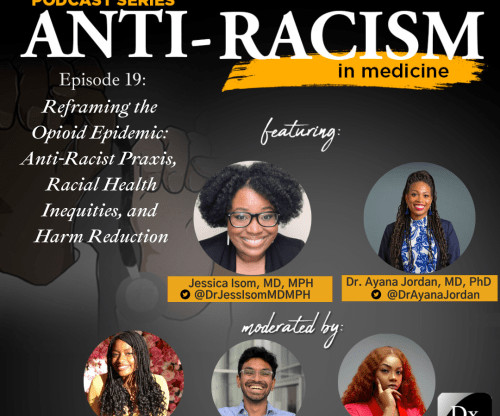How to Choose the Best Hormone Doctor in Connecticut for Your Needs
Physicians Alliance of Connecticut
MARCH 28, 2025
Your Connecticut-based primary care doctor is a good place to start, as they understand your health history and can refer you to a trusted hormone doctor that specializes in your condition. Even if they don’t have the same condition as you, they can provide information about things like the doctor’s reputation or bedside manner.















Let's personalize your content